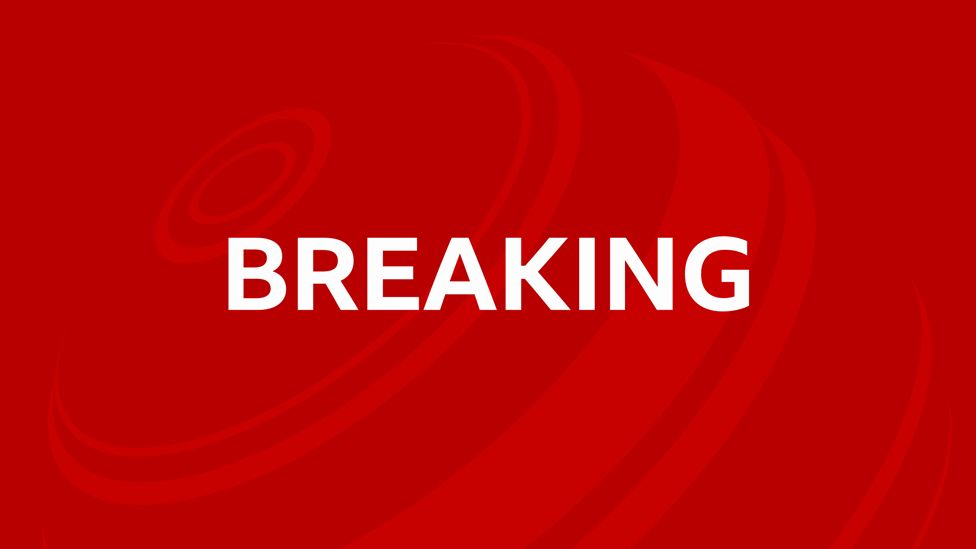Interest rates rise from 1.25% to 1.75% in a bid to curb soaring prices amid warning of UK recession.

The Bank of England has warned that the UK will fall into recession this year as it raised interest rates from 1.25% 1.75% in a bid to curb soaring prices.
It expects the economy to shrink in the final three months of this year and keep shrinking until the end of 2023.
This would make it the longest downturn since the 2008 financial crisis.
It blamed the downturn largely on rising gas prices following Russia’s invasion of Ukraine, warning a typical energy bill will hit £3,500 in October.
This is three times what the Bank forecast a year ago.
It expects this sharp rise in energy bills to drive inflation, the rate at which prices grow, to 13%.
It warned UK economic growth was already slowing, adding: “The latest rise in gas prices has led to another significant deterioration in the outlook for the UK and the rest of Europe”.
The interest rate rise is the sixth increase in a row as the Bank of England battles to dampen inflation.
One way to control price rises is to increase interest rates which encourages people to borrow and spend less. It should, theoretically, encourage people to save more.
However, many households will be squeezed further following the interest rate rise including some mortgage-holders.
Homeowners with an average standard variable rate mortgage will see their monthly payments rise by £59.17, according to Moneyfacts.co.uk. People with a typical tracker rate mortgage will have to pay an extra £51.98 a month.
The Bank’s Monetary Policy Committee voted 8-1 in favour of a 0.5% rise. Inflation is currently running at 9.4% – far above the Bank’s 2% target. A rise to 13% would put inflation at a 42-year high.


It is the most piercing of warning sirens set off by the Bank of England.
The largest rate rise in a quarter of a century, in attempt to temper even higher peaks in inflation of an incredible 13% are what the Bank of England actually did today. But it is its prediction of a recession as long as the great financial crisis and as deep as that seen in the early 1990s that is the big shock here.
The Bank thinks that energy bills hitting nearly £300 per month on average, treble their level of a year before, will plunge the economy in the final quarter of this year into a recession. If global energy costs remain where they are, that recession will then last the whole of next year, with inflation barely below 10% even in a year’s time.
This is a proper full fat recession now being predicted by the Bank, and at the same time a 42-year high in the rate of inflation. It is a textbook example of the combination of stagnation of the economy and high inflation – stagflation.
It obviously will raise questions as to why rates are being hiked into a recession, at a time when consumers are already pulling back from spending. Mortgage costs are now soaring. Markets expect further rises in the base rate – taking it up to 3% – even during this predicted recession. That affects those on variable rates, and about half of those set to come off their fixed rate mortgages in the coming couple of years. The Bank’s answer will be that rates are still low by historic standards, and they just cannot provide further fuel for these extraordinary but hopefully temporary high inflation rates, to last for years.
But make no mistake, a forecast such as this, would mean a wrecking ball to the forecasts for government borrowing. Tax revenues would plummet, and spending would increase naturally. Forget about the £30bn room for manoeuvre or “fiscal headroom” we heard so much about. But with this level of energy shock, whoever is in power, would need to prepare further massive consumer support, and feasibly, rescue schemes for the energy sector too. I cannot recall the Bank of England predicting a recession of this length in advance of the event. And that certainly has not happened in the middle of the selection of a new prime minister. It is the sort of forecast that in other circumstances might have prompted an immediate emergency Budget. It may just upend all the plans we have heard so much about.
